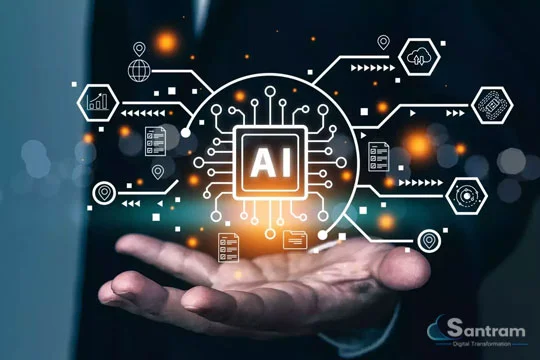What Drives Digital Transformation?
Digital transformation is a continuous process that integrates the latest technologies with the operational functions into various areas, that enhances the workflow, service and the overall operational function. Hence it is never a onetime prosses. It is like crafting a new innovation everyday to scale-up the business and match the competitive market standards.






 Experiences:
Experiences: